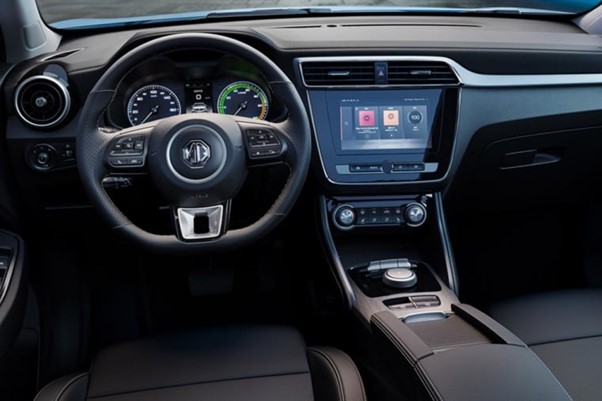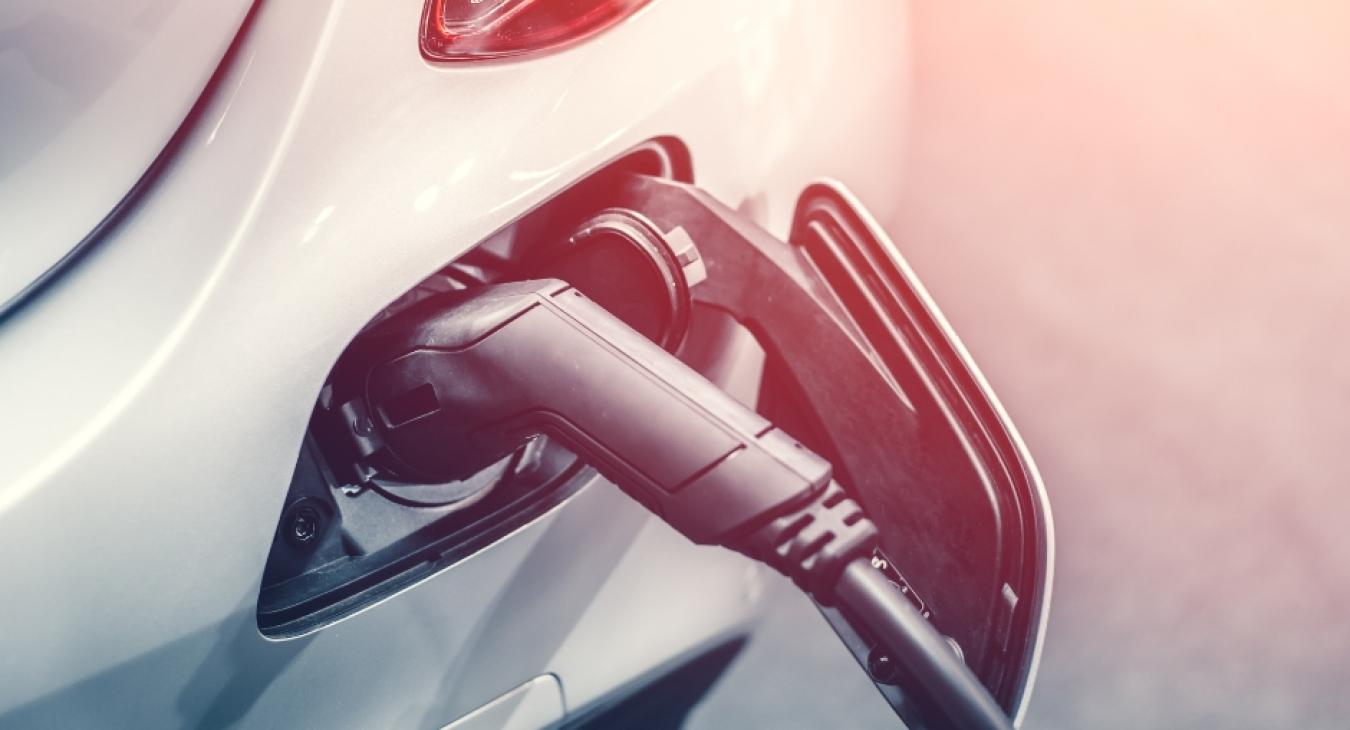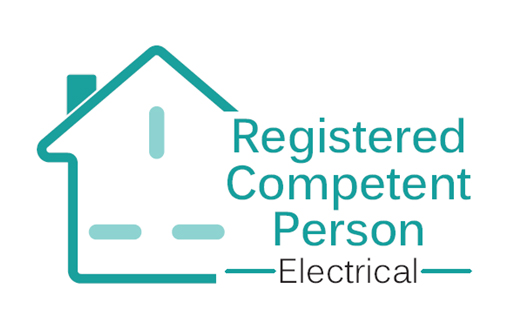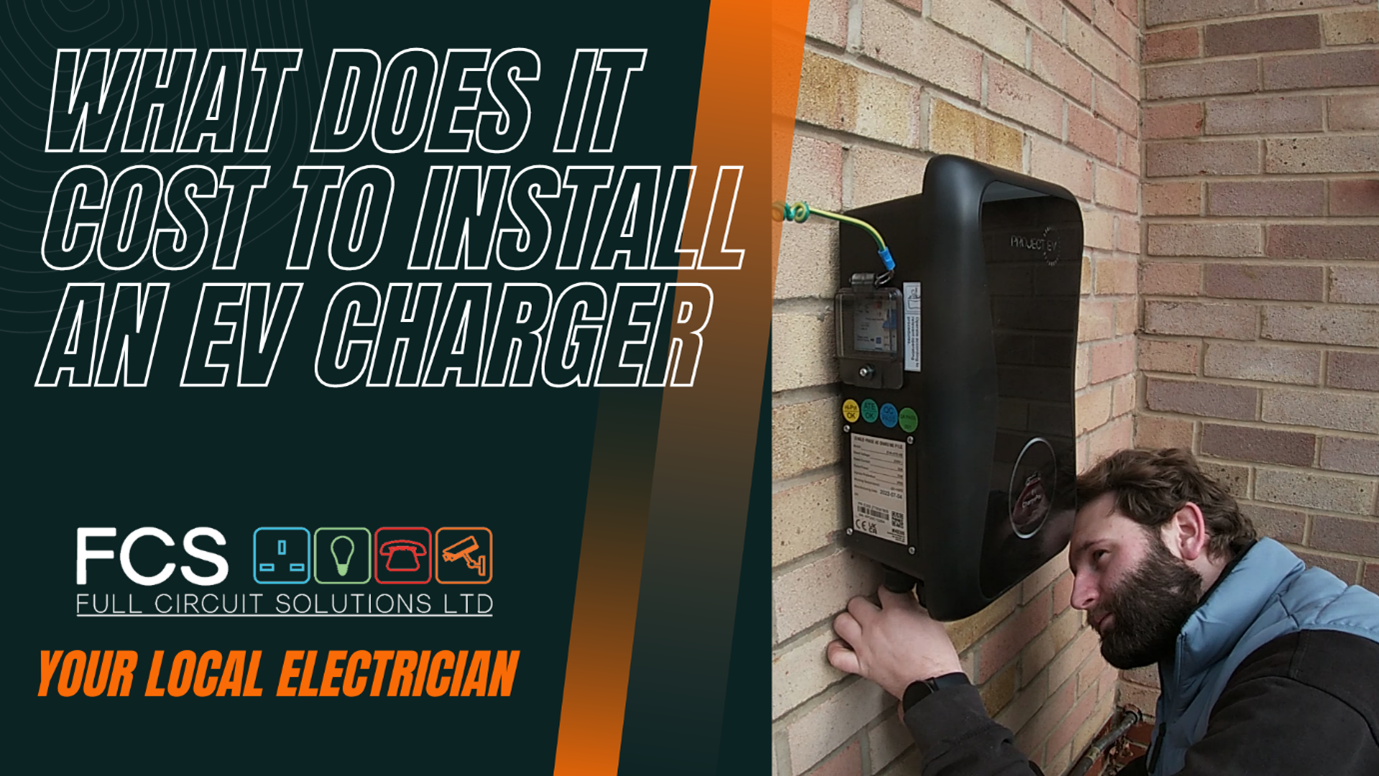As a result of the pandemic, dealerships are seeing a surge in demand for new cars, and in quite a lot of cases, this demand is for electric vehicles.
For a great deal of people, this new electric journey means making well-informed decisions. Do you stick to the same internal-combustion choices, or do you embrace the future with an EV?
This year marks a revolution in new car selling, as for the first time, car makers will begin placing the CO2 output of each model in their ranges at the top of their priority list. Outweighing design, performance and other traditional sales points, the EU’s 95g/km fleet average CO2 regulation means every car maker faces significant fines if they miss their target. This ultimately means that the range of electric cars in the market is due to surge - the future of electric is coming, so why not do it now?
Here are our top 5 reasons to go for it if you are considering taking the plunge to electric this year!
1. Low running cost
Once you’ve made the choice to purchase an EV, the day-to-day running costs are significantly lower than if you were to drive a petrol or diesel model. It’s common for an electric vehicle to be put on charge overnight, in preparation for the next day, so you would be using electricity at a lower unit rate than you would during the day.
It’s estimated that to fully charge an electric vehicle at home will cost just a few pounds, which is much less than the cost to fill a car to cover the same range of mileage. Of course, this cost is dependent on how, when and where you charge, just like filling up your car using different petrol stations, but it will still provide you with over a tenth of what you would pay for petrol/diesel.
You can opt for a dedicated home charging point to be installed when purchasing a new electric car, which would allow you to fully charge up an electric vehicle with a 40kW battery for £4.80. If you drove 200 miles, that’s a price of less than 3p per mile!
2. Smooth driving experience
The only noise an electric motor makes is a faint whirring sound, so this means comfort is big inside the cabin. The only thing you will hear on the road is tyre, wind and road noise, and if you’re around town, all three of these will be minimal.
The noise from electric vehicles is so minimal that some manufacturers are adding sound generators to ensure pedestrians and other road users are aware of their presence when driving.
Many EVs are designed to be comfortable around town. The suspension needs to be firm to carry the weight of the batteries, and the comfort to the ride complements the lack of noise. The batteries tend to be mounted low in the car, and the electric motor takes up less space than the engine so the passenger compartment will offer more space to that of a similar sized petrol/diesel car.
3. High mileage range
“Range Anxiety” is real, and is a term commonly used when talking about reasons not to opt for an EV due to worries regarding battery levels.
As a matter of fact, an EV in 2020 can get you a very long way. For example, the Nissan LEAF e+ provides up to 239 miles which could get you from London to Bristol and back on a single charge, with miles remaining.
When making the change from petrol/diesel to electric, you need to consider when the last time you ran out of petrol was, and if you always drive with a full tank, an EV is no different. You can charge an electric vehicle overnight and a full charge will be waiting for you in the morning, or you can use fast charging points located at most fuel stations and service points should you require extra battery when on the road.
4. Zero emissions
Electric cars offer zero emissions when on the road. In towns and cities, the fact that EVs don’t produce any emissions will help reduce CO2 and other harmful greenhouse gases.
In addition to this, fine particles that exit out of car exhausts have been shown to be harmful to health. No exhaust and fumes equal no pollution.
Fully electric vehicles are exempt from the London Congestion Charge, and it’s likely that other cities may introduce similar schemes in the next few years as an incentive to going electric.
These were our top 5 reasons to switch to an electric vehicle! Here at FCS-EV we work with clients to make sure they are making an informed choice and can help with electrical installation requirements at your home or workplace with regards to your electric vehicle charging infrastructure.











